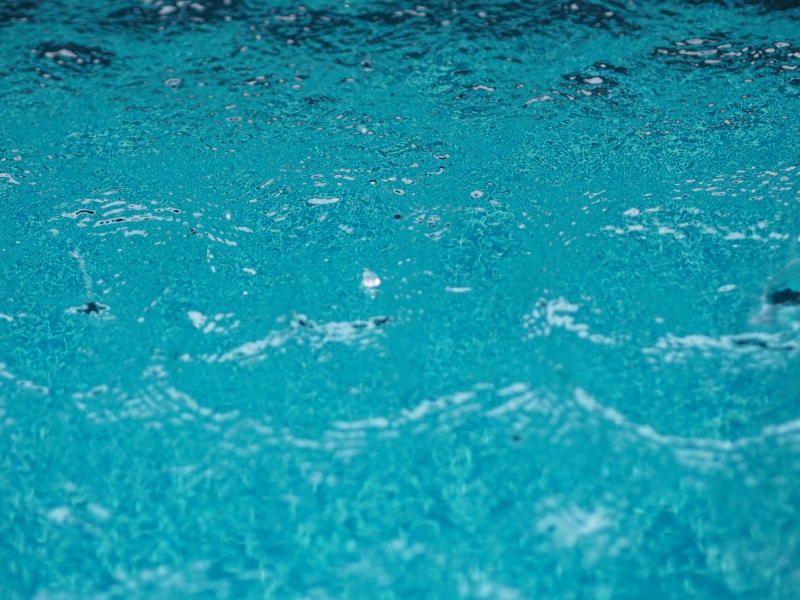Rainwater and Your Pool: How Weather Affects Water Chemistry

A light drizzle might not seem like a big deal, but after a heavy rainstorm, you may notice your pool looking a little different - cloudy water, lower chlorine levels, or even an algae bloom. Rain can significantly impact pool chemistry, so understanding how to adjust after a storm will keep your pool in top shape.
How Rain Affects Pool Chemistry
Rain Dilutes Your Chemicals
Rainwater has no chlorine, stabilizer, or balancing chemicals, meaning it dilutes everything in your pool, lowering effectiveness. The biggest drop is usually in chlorine levels, making it easier for bacteria and algae to grow.
pH Can Drop or Spike
Light rain often lowers pH, making the water more acidic. Thunderstorms can introduce dust and pollutants that raise pH and alkalinity.
Rain Brings in Debris & Contaminants
Pollen, dirt, and organic material from trees can wash into your pool, increasing phosphate levels (which algae love).
Post-Rainstorm Pool Care Checklist
Skim and Remove Debris
- Use a skimmer net to remove leaves, dirt, and pollen.
- If large amounts of debris enter, vacuum the pool to waste.
Test & Balance Water Chemistry
- Check chlorine levels - Rain dilutes chlorine, so shocking the pool may be necessary.
- Adjust pH and alkalinity - Use a test kit to ensure proper balance.
Run Your Filter for at Least 24 Hours
This helps circulate and clean the water while distributing any added chemicals.
Check Water Level & Drain If Necessary
If the pool has overflowed, lower the water level to normal.
Rain doesn't have to ruin your pool's water chemistry if you act quickly. By testing and adjusting sanitizer levels, removing debris, and keeping circulation strong, you'll maintain crystal-clear water even after the biggest storms.
